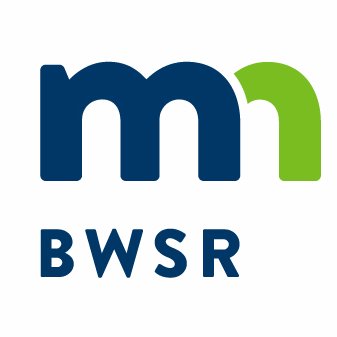Contact: Mary Juhl; mary.juhl@state.mn.us, 612-358-5733
ST. PAUL, Minn. —The Minnesota Board of Water and Soil Resources (BWSR) is accepting applications for fall 2024 Lawns to Legumes pollinator habitat projects.
The Lawns to Legumes program aims to increase habitat for at-risk pollinators in residential settings across the state by providing people with cost-share funding, workshops, coaching and gardening resources. Anyone who lives in Minnesota and has a yard, deck, or other outdoor space for planting can apply to be reimbursed for up to $400 in costs associated with establishing new pollinator habitat in their yards. The program is available to both homeowners and renters.
“Lawns to Legumes helps Minnesotans be part of the solution to the challenges facing declining pollinator populations,” said BWSR Executive Director John Jaschke. “The gardeners involved in this program prove that small-scale habitat projects can have big impacts.”
Applications will be accepted through May 15, 2024. If you previously applied for the program, you will need to reapply to be considered for fall 2024 funding.
More than 4,000 residential habitat projects across all 87 Minnesota counties have been implemented since the program launched in 2019. The program shares online resources such as gardening templates, habitat guides and advice about selecting native plants for all Minnesotans interested in creating pollinator habitat in their yards. Lawns to Legumes receives funding from the Environment and Natural Resources Trust Fund and the state General Fund.
Apply online at Blue Thumb’s website. For more information about Lawns to Legumes, visit BWSR’s website.

